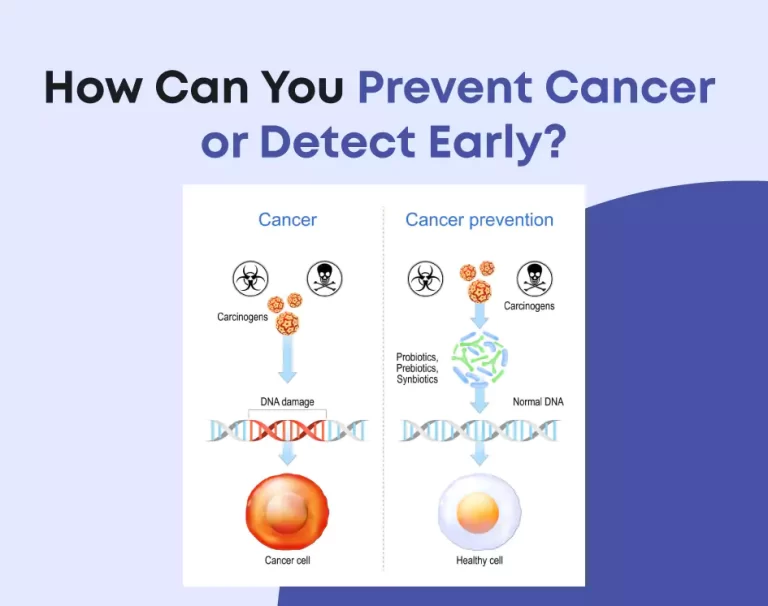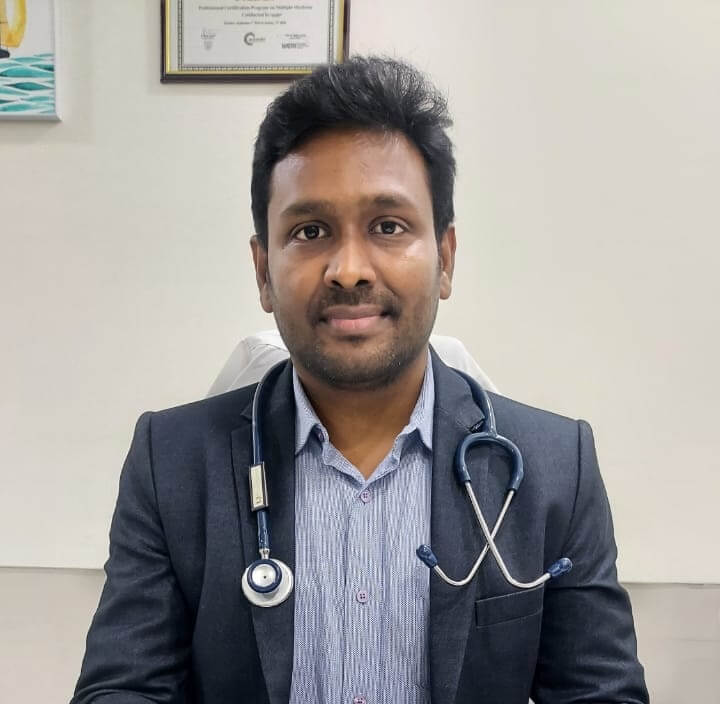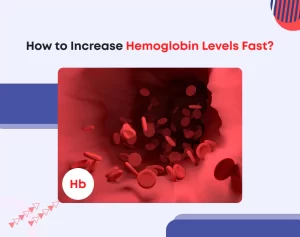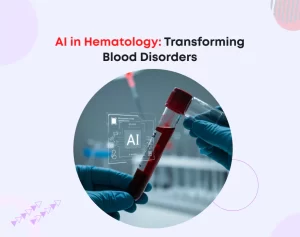
How Can You Prevent Cancer or Detect Early?
Are you looking to take proactive steps towards preventing cancer or catching it early? With the right knowledge and awareness, you can significantly reduce your risk of developing cancer. Alternatively, it increases the chances of detecting it in its earliest stages when treatment is most effective. In this comprehensive guide, we’ll explore various strategies and techniques for cancer prevention and early detection. From lifestyle modifications to screening tests, empowering yourself with information can make a difference in your overall health and well-being.
Understanding Cancer Prevention
Cancer prevention involves adopting healthy lifestyle habits and minimizing exposure to risk factors that can contribute to the development of cancer. Firstly, dive into the reasons for cancer so that you can know how to prevent it.
Causes of Cancer
Understanding the factors that contribute to the development of cancer is essential for implementing effective prevention strategies. Below are some prevalent causes of cancer.
- Genetic Factors
Inherited genetic mutations can increase the risk of certain types of cancer, such as breast, ovarian, and colorectal cancer. Genetic testing and counselling can help identify individuals at higher risk.
- Environmental Exposures
Exposure to carcinogens in the environment, like tobacco smoke, air pollution, asbestos, and industrial chemicals, can increase the risk of cancer. Reducing contact with these substances is vital for prevention.
- Lifestyle Choices
Unhealthy lifestyle habits, including smoking, poor diet, lack of physical activity, and excessive alcohol consumption, are major contributors to cancer risk. Making positive changes in these areas can significantly reduce the risk of developing cancer.
- Chronic Inflammation
Chronic inflammation, often linked to conditions such as obesity, inflammatory bowel disease, and chronic infections, can promote the development of cancer. Managing inflammation through lifestyle modifications and medical treatment can help lower cancer risk.
- UV Radiation
Being exposed to ultraviolet (UV) radiation from sunlight or tanning beds heightens the risk of skin cancer. This also includes melanoma and non-melanoma skin cancers. Protecting the skin from UV radiation is essential for prevention.
- Viral Infections
Certain viruses are associated with an increased risk of cancer. Examples of these are human papillomavirus (HPV), hepatitis B virus (HBV), and Epstein-Barr virus (EBV). Vaccination and other preventive measures can help reduce the risk of viral-related cancers.
Understanding the root causes of cancer empowers individuals to make informed decisions and take proactive steps towards prevention.
How to Prevent Cancer?
Here are some easy and simple cancer prevention tips:
- Healthy Diet and Nutrition
Adopting a balanced diet abundant in fruits, vegetables, whole grains, and lean proteins is key. Limit consumption of processed foods, sugary drinks, and red or processed meats.
- Regular Physical Activity
Engage in moderate-intensity exercise for at least 30 minutes on most days of the week.
Exercise helps maintain a healthy weight and reduces the risk of certain cancers.
- Tobacco Control
Steer clear of tobacco in any form, be it smoking or chewing tobacco. Tobacco use is a leading cause of various types of cancer, including lung, throat, and mouth cancer.
- Sun Protection
Practice sun safety by wearing sunscreen and protective clothing and seeking shade when outdoors. Limit exposure to ultraviolet (UV) radiation to reduce the risk of skin cancer.
- Limit Alcohol Consumption
If you opt to consume alcohol, do it moderately. Excessive alcohol consumption is linked to an increased risk of several cancers, including breast, liver, and colorectal cancer.
By incorporating these lifestyle habits into your daily routine, you can take proactive steps towards reducing your risk of cancer.
Early Detection Methods of Cancer
Early detection of cancer can significantly improve treatment outcomes and increase the chances of survival. Here are some key strategies for detecting cancer in its early stages:
- Regular Screening Tests
Adhere to the recommended screening guidelines for different types of cancer. For instance, Pap smears for cervical cancer, mammograms for breast cancer, and colonoscopies for colorectal cancer. These tests can detect cancer or precancerous changes before symptoms develop.
- Know Your Body
Pay attention to any changes or abnormalities in your body, such as lumps, unusual moles, persistent cough, or changes in bowel habits. Seek guidance from your healthcare provider if you observe any worrisome symptoms.
- Genetic Testing
People with a family history of specific cancers may find value in genetic testing to evaluate their risk. Genetic counselling can help determine if testing is appropriate and interpret the results.
- Self-Examination
Perform regular self-examinations for breast, skin, and testicular cancer. Become familiar with your body and report any unusual findings to your doctor.
Early detection saves lives. Stay proactive about your health by undergoing recommended screenings and being vigilant about any changes in your body.
Importance of Cancer Risk Assessment
Knowing your individual risk factors for cancer is crucial for implementing targeted prevention and early detection strategies.
- Family History
Know your family’s cancer history and have a conversation about it with your healthcare provider. Certain cancers may have a hereditary component that increases your risk.
- Environmental Exposures
Be aware of environmental factors that may increase your risk of cancer. For example, exposure to carcinogens in the workplace or community.
- Lifestyle Choices
Evaluate your lifestyle habits, including diet, physical activity, tobacco use, and alcohol consumption. Where possible, make changes to reduce risk factors.
- Medical Conditions
Certain medical conditions or treatments, such as obesity, chronic inflammation, or immunosuppression, can influence cancer risk. Collaborate with your healthcare provider to effectively manage these conditions.
By assessing your individual risk factors, you can tailor your approach to cancer prevention and early detection to maximize effectiveness.
Summing Up
Preventing cancer and detecting it early are powerful weapons in the fight against this disease. Adopt a healthy lifestyle, undergo regular screenings, and learn about your individual risk factors. By doing these, you can take control of your health and reduce the likelihood of developing cancer. Remember, small changes can make a big difference in lowering your risk and improving your chances of early detection. Stay updated, stay active, and make your health a priority.






